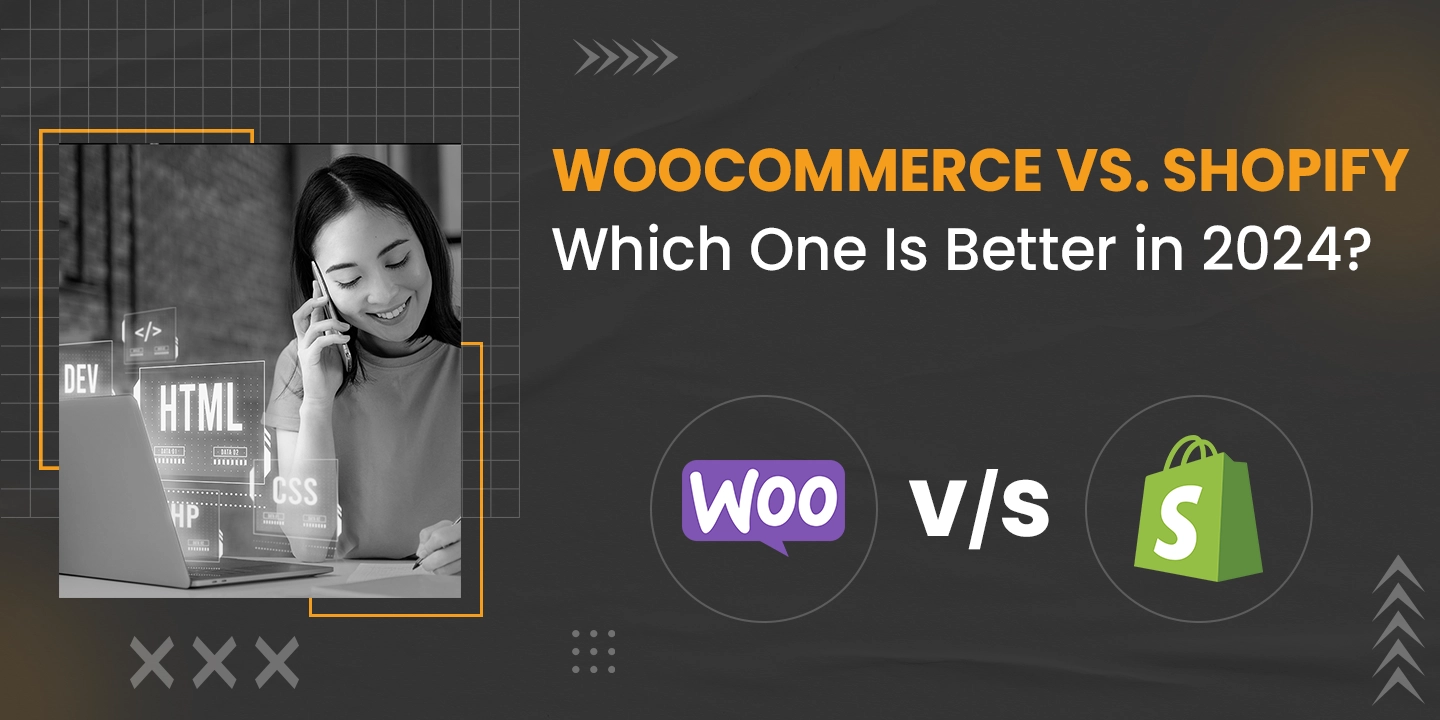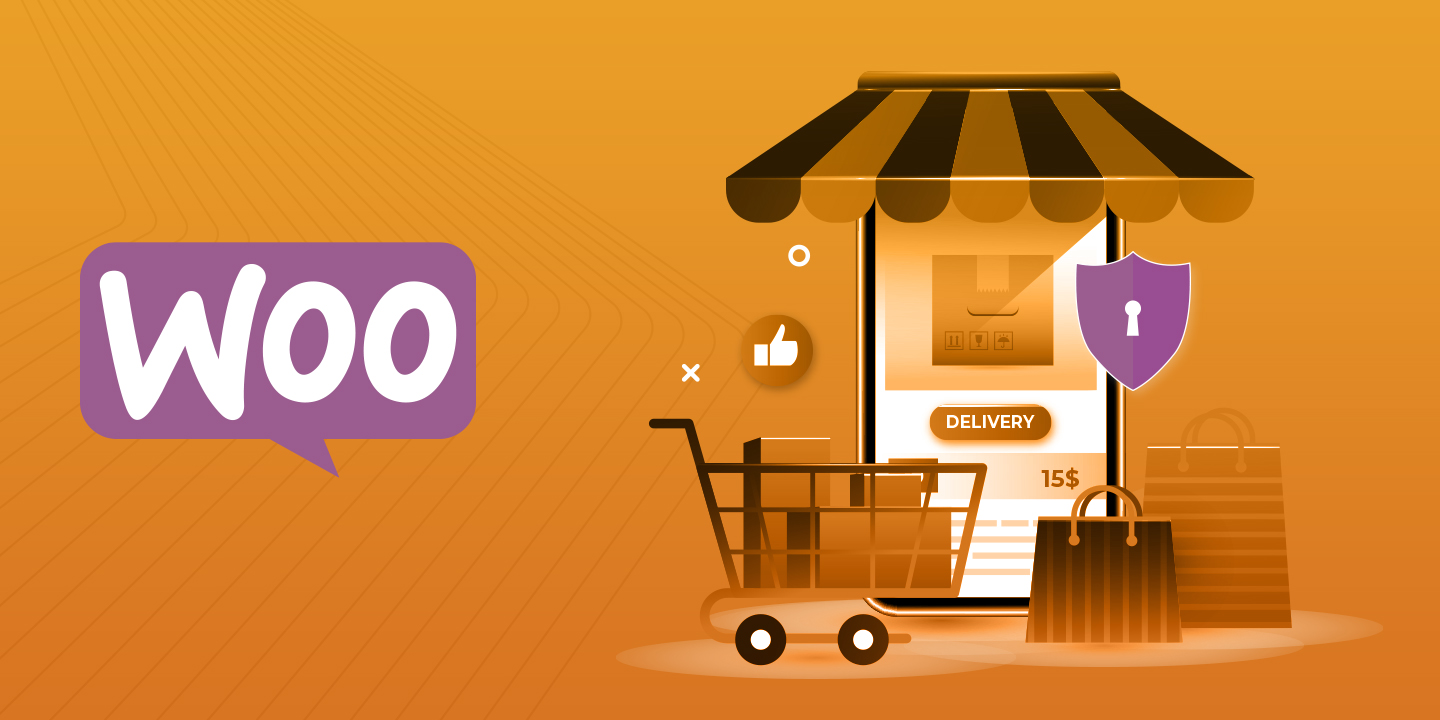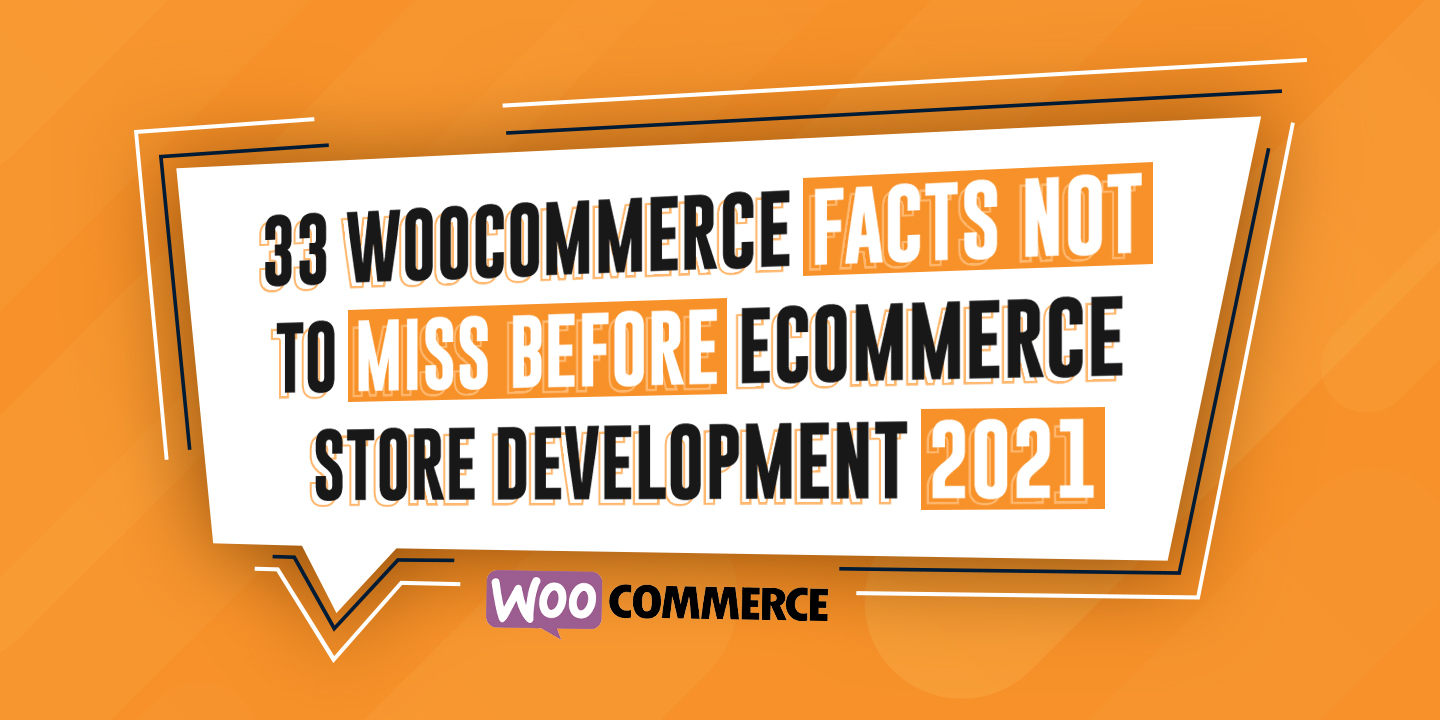In this fast-changing ecommerce world, choosing the right platform for your e-store is of utmost importance that can hugely affect the success of any business. With several options on the market, WooCommerce and Shopify came out as two of the most dominant solutions. Even if we consider just that, the long list of unique features and capabilities in both platforms makes it difficult for merchants to choose between them. Let us delve further into the details of WooCommerce and Shopify to help you find out which one is perfect for your requirements in 2024.
What is Woocommerce?
First of all, WooCommerce is a free and open-source plugin that turns your WordPress website into a full-blown online store. Furious is a robust technology that fits every business to have some extent of influence and customisation. This is an overview of what WooCommerce has to offer:
Here’s the key takeaway:
- Free & WordPress Friendly: Integrates seamlessly with WordPress, allowing you to theme and plugin out your store for a more unique experience.
- Cost-Effective: No base fees, just web hosting and optional add-ons.
- Scalable: Grows with your business. Add features like advanced inventory management or marketing automation as needed.
- Open-Source Power: Grants complete control over your store’s data and code for ultimate customization.
What is Shopify?
Shopify is an overarching complete hosted e-commerce platform designed to be an all-in-one solution for building and managing your online store. It’s perfect for beginners, it brags a user-friendly interface with drag-and-drop functionality, making setting up and running your store a strong breeze.
Here’s the key takeaway:
- Easy to Use:Anyone Can Do It! No coding Your store should be fully modular with drag & drop capabilities.
- All-in-One: Shopify includes web hosting, security, and built-in features for managing products, payments & marketing
- Scalable & Extendable: It can extend along with your business. Add extra features from the vast Shopify App Store.
Choosing the Right Platform: WooCommerce vs. Shopify
1. Cost Comparison
WooCommerce: While WooCommerce itself is totally free, there are other costs to consider, like hosting, domain registration, and premium themes or plugins. Depending on your needs, these costs can add up, but they also offer flexibility in choosing the services that best fit your budget.
Shopify: Shopify operates on a subscription model with plans starting at $29 per month. This includes hosting, security, and access to Shopify’s core features. Additional costs can arise from purchasing premium themes or apps, and transaction fees if you’re not using Shopify Payments.
2. Ease of Use
WooCommerce: WooCommerce requires some familiarity with WordPress, which might involve a learning curve for beginners. However, its integration with WordPress offers extensive customization options, making it a favorite among those who already use the platform.
Shopify: Shopify is designed for simplicity. Its user-friendly interface allows anyone, even without technical knowledge, to set up and run an online store quickly. Everything from product management to order processing is straightforward and intuitive.
3. Customization and Flexibility
WooCommerce: WooCommerce shines in customization. Being open-source, it allows complete control over the design and functionality of your store. Whether you need specific features or want to tweak the appearance, you can do it all with the help of a skilled WooCommerce web developer in India.
Shopify: While Shopify offers a range of themes and apps, it’s not as flexible as WooCommerce in terms of customization. However, it provides enough options for most businesses to create a professional-looking store without needing extensive technical expertise.
4. Payment Gateways
WooCommerce: WooCommerce supports a wide range of payment gateways, from PayPal and Stripe to regional options specific to your location. This flexibility allows businesses to cater to customers worldwide, accommodating various payment preferences.
Shopify: Shopify also supports numerous payment gateways but encourages the use of its own Shopify Payments. Using third-party gateways can incur additional transaction fees, making Shopify Payments a more economical choice for many store owners.
5. SEO Capabilities
WooCommerce :
WooCommerce inherits the robust SEO capabilities of WordPress. With the right plugins and a knowledgeable WooCommerce website designer in India, you can optimize every aspect of your store for search engines, helping you rank higher and attract more organic traffic.
Shopify: Shopify offers solid SEO features, but it doesn’t match the level of control WooCommerce provides. However, Shopify’s ease of use and built-in SEO tools still allow you to implement effective SEO strategies without needing deep technical knowledge.
6. Scalability
WooCommerce: WooCommerce can handle stores of any size, from small businesses to large enterprises. As your business grows, you can add more features and scale up your hosting plan accordingly. With the assistance of a WooCommerce development company in India, scaling your store can be a seamless process.
Shopify: Shopify is also highly scalable, making it a popular choice for businesses expecting rapid growth. Its infrastructure is designed to handle high-traffic volumes and large product catalogs without compromising performance.
7. Support and Community
WooCommerce: WooCommerce has a large, active community of developers and users. This means you’ll have access to numerous tutorials, forums, and third-party services. However, official support is limited to the core plugin, so you may need to hire WooCommerce developers in India for more complex issues.
Shopify: Shopify offers 24/7 customer support through various channels, including live chat, email, and phone. This ensures that you can get help whenever you need it, making it a reliable option for those who prioritize customer service.
8. Integration with Other Platforms
WooCommerce: WooCommerce works effortlessly with a wide range of WordPress plugins and third-party services. This makes it simple to add new features and expand your store’s functionality. For example, if you’re looking for WordPress to WooCommerce integration in India, you can find experts to help streamline the process.
Shopify: Shopify also supports a wide range of integrations through its App Store. From marketing tools to inventory management, you can find apps to enhance your store’s capabilities. However, some advanced integrations might require additional costs.
Conclusion
Choosing between WooCommerce and Shopify depends on what you’re looking for in an eCommerce platform. If you value customization and already use WordPress, WooCommerce might be the better choice. It offers unmatched flexibility and control, especially when you work with experienced WooCommerce web designers and developers in India. On the flip side, if you want a hassle-free, all-in-one solution with great support, Shopify is a fantastic choice. Its ease of use and extensive features make it ideal for those who want to get their store up and running quickly without dealing with the technical aspects.



